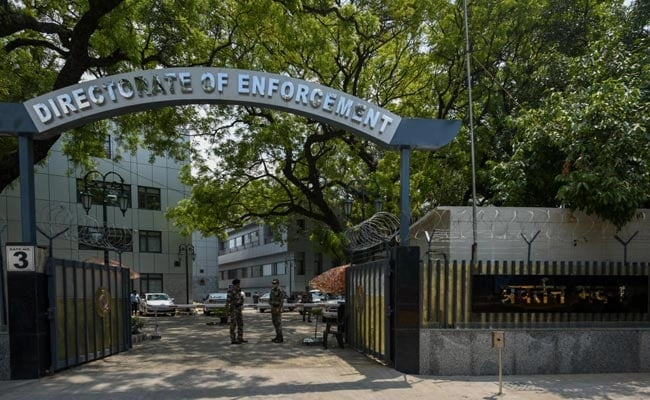The recent initiative by the central government to conduct a caste census has sparked significant political discourse in India, particularly among opposition parties. This move is seen as a strategic maneuver that could reshape the socio-political landscape of the nation. Opposition leaders have hailed the decision as a major victory, arguing that it will provide a clearer picture of the demographic and socio-economic realities faced by various communities. They assert that a comprehensive caste census is crucial for ensuring equitable representation and allocation of resources, addressing historical injustices, and creating targeted policies for marginalized groups.
The caste system in India has long been a contentious issue, deeply ingrained in society and influencing various aspects of life, including politics, education, and employment. By officially recognizing the importance of a caste census, the government appears to acknowledge the need for data-driven policy-making. Opposition parties argue that this initiative could empower the underrepresented and help rectify systemic inequalities. They emphasize that accurate data is essential for crafting effective affirmative action policies and ensuring that government programs reach those who need them most.
However, the move has also drawn criticism from some quarters. Detractors worry that a focus on caste could exacerbate divisions within society and lead to further polarization. They argue that while data collection is important, it should not come at the expense of fostering unity among diverse communities. Additionally, there are concerns regarding the implementation of the census and how the data will be utilized. The opposition has called for transparency in the process to ensure that the outcomes genuinely serve the interests of all citizens, rather than being manipulated for political gain.
In the broader context, the caste census reflects ongoing debates about identity, representation, and social justice in India. As the country grapples with its complex social fabric, the implications of this initiative could be far-reaching. If executed effectively, it could pave the way for more inclusive governance and social reform. However, the success of the census will depend on the commitment of all stakeholders to engage constructively in the process and prioritize the collective good over partisan interests. The coming months will be critical as the government and opposition navigate this sensitive issue, with the potential to significantly alter the dynamics of Indian politics and society.




